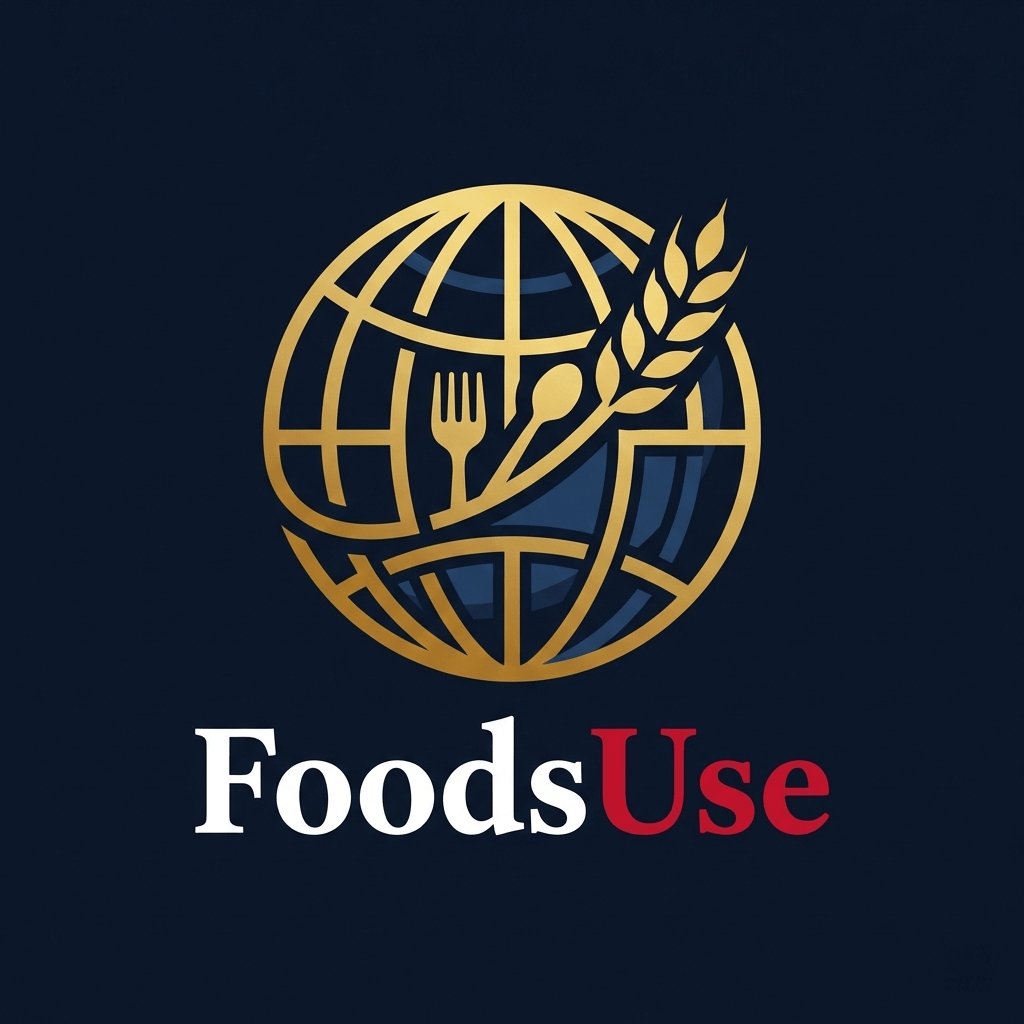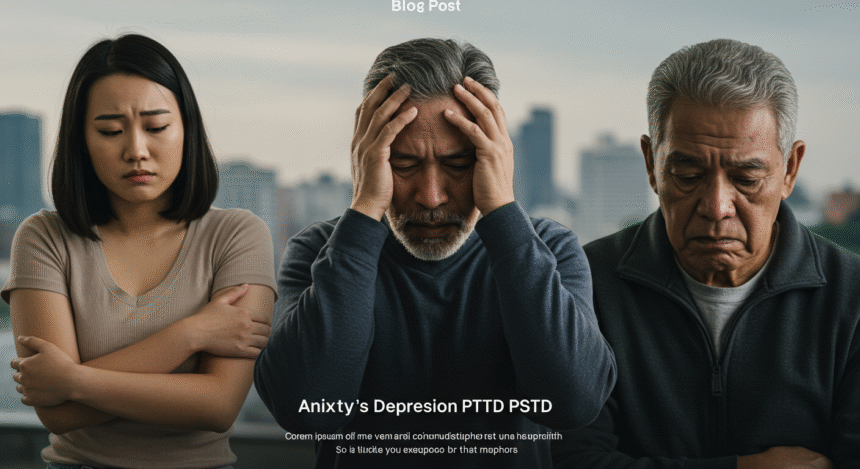In 2025, anxiety, depression, and PTSD are among the most searched health conditions across the UK, USA, and Canada. But behind the statistics and prescriptions lies a growing controversy:
Are these diagnoses helping or hurting us?
Is the mental health industry labeling normal human emotions as disorders to profit from endless treatment?
(anxiety depression PTSD symptoms)
This article explores the shocking questions many are afraid to ask—and what the mental health system, pharmaceutical companies, and even some therapists may not want you to know.
???? The Explosion of Mental Health Diagnoses
According to recent NHS and CDC data:
-
Over 40 million adults in the U.S. are diagnosed with anxiety disorders
-
1 in 6 adults in the UK are on antidepressants
-
PTSD diagnoses have more than doubled since 2020 in both veterans and civilians
But many experts now wonder:
Are we medicalizing everyday emotions?
???? What’s the Line Between Stress and Disorder?
Stress after losing a job?
Sadness after a breakup?
Sleeplessness during exams?
These are normal human responses. Yet, many are quickly labeled as having anxiety, depression, or PTSD, often after just one visit to a GP or therapist. This leads to
-
Prescription medications
-
Long-term therapy
-
Insurance billing codes
-
Labels that may follow you for life
???? The Profit Behind the Label
The mental health industry is now worth hundreds of billions globally. Here’s who profits:
| Player | How They Benefit |
|---|---|
| Pharmaceutical Companies | Sell antidepressants, SSRIs, anti-anxiety meds |
| Insurance Providers | Approve recurring treatment plans, therapy sessions |
| Therapists/Clinics | Book long-term patients, insurance payouts |
| Tech Startups | Push subscription-based mental health apps |
More diagnoses = more income. And critics argue the system is incentivized to diagnose, not to heal.
ALSO READ>> Mental Health A&E Units in the UK: What You Need to Know in 2025
Why Ultra-Processed Foods Are Quietly Ruining Your Health in the U.S. and UK
⚠️ The Danger of Overdiagnosis
Labeling emotional pain as a “disorder” can:
-
Create dependency on drugs or therapy
-
Stigmatize people for being emotional or vulnerable
-
Prevent natural healing through lifestyle changes, relationships, or self-reflection
-
Lead to misdiagnosis, especially in teens and people of color
???? Do the Diagnoses Even Mean Anything?
Modern critics—including some psychologists—argue that terms like “generalized anxiety disorder” or “major depressive disorder” are too vague and subjective.
In fact, the DSM-5 (the mental health diagnosis bible) has been criticized for:
-
Changing definitions frequently
-
Being influenced by pharma-backed panels
-
Lumping different symptoms under the same label
✅ When the Labels Are Helpful
This isn’t to say that real suffering doesn’t exist.
Many people with
-
Suicidal thoughts
-
Panic attacks
-
Flashbacks
-
Catatonic depression
… need and deserve professional care.
The real issue is, are we diagnosing too many people too quickly—and pushing treatments that aren’t always needed?
???? What Are the Alternatives?
Before accepting a lifelong label, consider:
-
Second opinions from different therapists or psychiatrists
-
Holistic treatments: exercise, diet, sleep, sunlight, connection
-
Home remedies like mindfulness, journaling, and social engagement
-
Therapy without diagnosis, such as coaching or peer support
???? What the Mental Health Industry Won’t Tell You
-
Many meds work no better than placebo in mild depression (Harvard Study, 2023)
-
You may not need a “diagnosis” to get help— NHS talking therapies are available without labels
-
Insurance companies often demand a diagnosis just to pay providers—even if it’s not clinically necessary
WHICH OF THE FOLLOWING TOPICS DO YOU WANT OUR EXPERTS TO WRITE IN THE NEXT POST?
-
anxiety vs stress symptoms
-
depression diagnosis controversy
-
overdiagnosed mental health conditions
-
PTSD symptoms and trauma
-
natural remedies for depression and anxiety
-
mental health treatment alternatives
-
are antidepressants necessary
-
misdiagnosed anxiety
-
high-functioning depression signs
-
talk therapy vs medication
TRENDING
How to Get Treated at Bethlem Royal Hospital (With or Without Insurance)
✅ Final Thoughts: Should You Accept the Label?
If a diagnosis brings you clarity and relief — great. But if it feels like a lifelong sentence, ask questions.
-
Are you being treated or managed?
-
Is your therapist helping or medicating silence?
-
Are you healing — or being labeled?
The truth is, mental health care should empower people, not trap them in lifelong diagnoses and pill bottles.
Be the first to get new scholarships, job updates, inspiring Fazza poems, lifestyle stories, and more — straight to your inbox.


